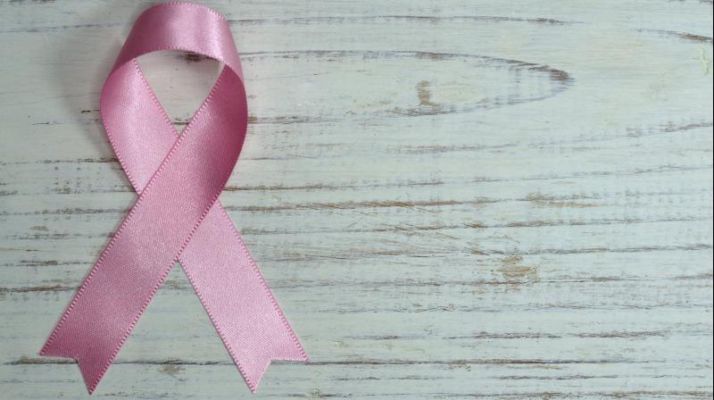Breast cancer is the most common formof cancer in women in Australia and most developed nations. Risk of breast cancer is influenced by a combination of environment, lifestyle and genetic factors. The BRCA mutations are commonly described genetic variations that elevate a woman’s risk of breast and ovarian cancer. Ninety-two other gene variations, called Single Nucleotide Polymorphisms (SNPs), have also been linked to breast cancer risk. While these are thought to contribute to only a very small risk of breast cancer, their common occurrence means that their influence on risk may start to add up. A genetic risk of breast cancer doesn’t guarantee that a woman will get it and research is showing that positive lifestyle behaviours may be able to modify even a genetic risk of breast cancer. Medical records for over 40,000 women tested for 24 SNP gene variations linked to breast cancer were analysed. Researchers drew on a variety of factors to assess risk of breast cancer including geneticinformation, family history of breast cancer, age of first menstruation, other reproductive factors, body weight, alcohol consumption and smoking status. Their risk model also included an estimate of the effects of 68 other SNP gene variations. The primary finding from this study was that there are four modifiable lifestyle factors that may help to modify even a genetic risk of breast cancer. These were maintaining a healthy weight, not consuming excessive amounts of alcohol, not smoking and not using hormone replacement therapy after menopause. They estimated that a larger number of preventable cases would likely occur in women with higher risk of breast cancer due to genetic and non-modifiable risk factors. The SNP genes are not part of normal screening programs so many women would not know if they carry these genes. Nevertheless, this research suggests that simple lifestyle modifications may helpmoderate risk of breast cancer, even in those with genetic risk. Having a good diet, getting plenty of exercise, steering clear of too much booze, not smoking, and making considered and evidence-based decisions about therapies around menopause may all help to reduce risk of breast cancer. Reference:Maas, P et al. Breast cancer riskfrom modifiable and nonmodifiable risk factorsamong white women in the United States. JAMAOncology Epub online May 26, 2016. doi: 10.1001/jamaoncol.2016.1025.
Lifestyle and Genetic Risk of Breast Cancer

Like this article?
Share on Facebook
Share on Twitter
Share on Linkdin
Share on Pinterest
Our Operating Hours
Mon to Thur: 8am – 8pm
Fri: 8am – 6pm
Sat: 8am – 12pm
Sun: Closed
Fri: 8am – 6pm
Sat: 8am – 12pm
Sun: Closed
COVID Mask Instructions
Please help us by bringing your own mask:
As you know wearing a mask is one of the main defenses against the spread of Covid-19. It helps to protect against airborne spread which can happen even without symptoms. In line with current NSW Health advice, we will continue to wear masks and ask that you bring your own, as the cost of these has been increasing significantly.
For National Coronavirus Health Information Line